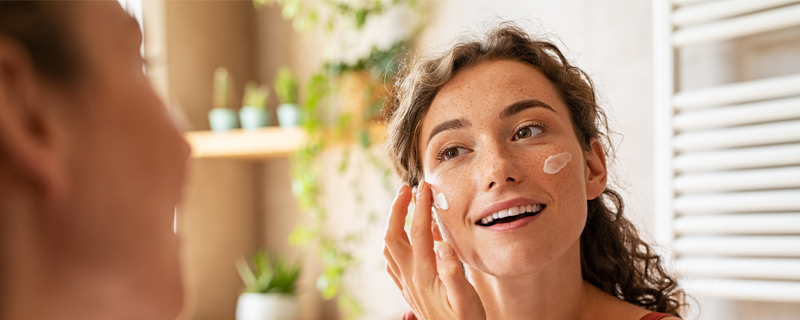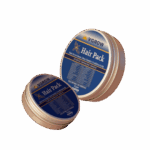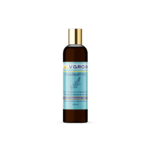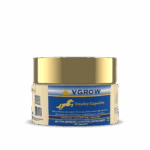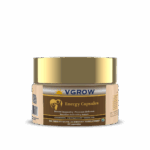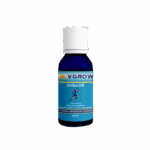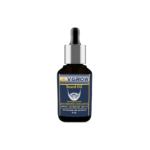No products added!
Say No to Chemicals, Transform to Holistic Living
In today’s beauty-conscious world, many of us carefully pick products promising luscious locks and glowing skin. However, beneath the glossy packaging of numerous hair oils and cosmetic products lurks a hidden danger: toxic chemicals that not only jeopardize our health but also disrupt the balance of our mind and body. In this blog post, we explore how certain synthetic ingredients and contaminants in these products can have dangerous and damaging side effects, drawing on examples and case studies from India. By choosing natural, time-tested alternatives and becoming vigilant consumers, we can protect our health and embrace holistic living.
The Chemicals Hidden in Plain Sight
Many commercially available hair oils and cosmetics contain synthetic additives designed to enhance performance, extend shelf life, or simply add an attractive color and fragrance. Common culprits include:
Parabens and Phthalates: These substances help preserve the product but have been linked to hormonal disruptions over time.
Heavy Metals: Alarmingly, studies have revealed that some skin-whitening creams and lipsticks in the Indian market contain dangerous amounts of mercury, chromium, and nickel. Exposure to these metals is associated with kidney damage, neurotoxicity, and even an increased risk of cancer.
Camphor and Other Chemical Cooling Agents: Used in certain “cool” hair oils to provide an instant cooling sensation, these ingredients can, upon overuse, lead to nerve damage, eye problems, and even skin disorders.
Over time, the accumulation of such harmful chemicals in the body can lead to chronic health issues. Not only do these chemicals disrupt our endocrine systems, but they can also trigger allergic reactions ranging from mild irritation to severe dermatological conditions.
Embrace the purity of nature; let go of synthetic illusions. True beauty flourishes when nurtured by the earth, not masked by chemicals

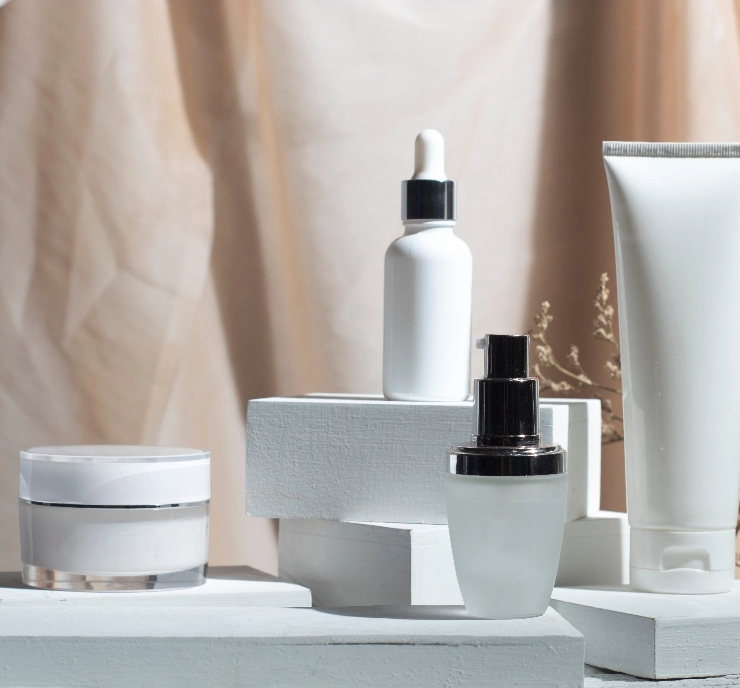
Unintended Consequences: Case Studies from India
Acute Hair Felting Due to Castor Oil
A striking example of how traditional ingredients can have unexpected adverse effects is found in the case of acute hair felting. In one reported case from India, a 20-year-old girl visited a dermatology clinic with a sudden “bird’s nest” of tangled hair. The condition, known as acute hair felting, occurred after she applied a mixture of coconut oil and castor oil on her long hair prior to a routine wash. While coconut oil is widely appreciated for its moisturizing and penetrating benefits, castor oil is exceedingly viscous and sticky. In her case, the high viscosity of castor oil, combined with friction during washing and the natural alignment of her long hair, resulted in irreversible matting that forced her to cut off her hair. Such an incident not only impacts physical appearance, but also can lead to severe psychological distress.
Toxic Metals in Beauty Products
Another alarming concern comes from the widespread presence of toxic heavy metals in cosmetics. A study conducted by the Centre for Science and Environment (CSE) and widely reported by mainstream media found that almost half of the skin-whitening creams sold in India contained mercury—sometimes in concentrations that could contribute up to 71% of the acceptable daily intake recommended by international guidelines. Similarly, several popular lipsticks were reported to contain chromium and nickel at levels far exceeding safety norms. These findings have profound public health implications: mercury is a known neurotoxin associated with kidney damage and skin discoloration, while chromium (especially its hexavalent form) is a recognized carcinogen. Consumers relying on these products face the risk of cumulative toxicity, which, combined with other environmental and dietary exposures, could lead to long-term health complications.
The Hidden Health Implications
When harmful chemicals in beauty products accumulate in the body, the consequences can be significant. For example, repeated exposure to heavy metals through daily use of contaminated cosmetics may contribute to:
Kidney Damage: Mercury and other heavy metals can accumulate in the kidneys, impairing their ability to filter toxins from the blood.
Neurological Disorders: Mercury is particularly notorious for its neurotoxic effects, which have been linked to symptoms ranging from memory loss to severe mood disorders.
Endocrine Disruption: Chemicals like parabens can mimic estrogen in the body, potentially contributing to hormonal imbalances, reproductive issues, and even an increased risk of breast cancer.
Dermatological Reactions: Frequent use of cosmetics with synthetic ingredients can lead to contact dermatitis, allergic reactions, and persistent skin irritation.
Given that beauty products are in daily use, even small quantities of these substances can be harmful over time, highlighting the urgent need for better regulation, transparency, and consumer education.
Towards a Holistic Approach to Beauty
The increasing awareness of these hazards has led many to demand stricter regulations and greater accountability from cosmetic manufacturers. But even before regulatory bodies catch up with modern science, there is a personal choice everyone can make: opting for natural and ayurvedic formulations. Many traditional Indian remedies, backed by thousands of years of practice, use herbs and natural oils without the added burden of synthetic chemicals. For example, ayurvedic hair oils made from ingredients such as amla, bhringraj, and coconut oil have long been valued for their nourishing and protective properties. These natural alternatives not only reduce the risk of harmful side effects but also align with the ethos of holistic living—preserving the body’s natural balance and promoting overall well-being.
Final Thoughts
The truth behind the glossy veneer of many modern cosmetic products is unsettling. The chemical cocktails hidden within our hair oils and cosmetics can inflict serious health damage over time. The two case studies from India—the acute hair felting incident and the pervasive issue of toxic metals in beauty products—serve as stark reminders of the real-world dangers these chemicals pose.
It is time to say no to chemicals and take a transformative step towards holistic living. By choosing natural products and demanding higher standards of transparency and safety, we empower ourselves and future generations to lead healthier, more vibrant lives.

